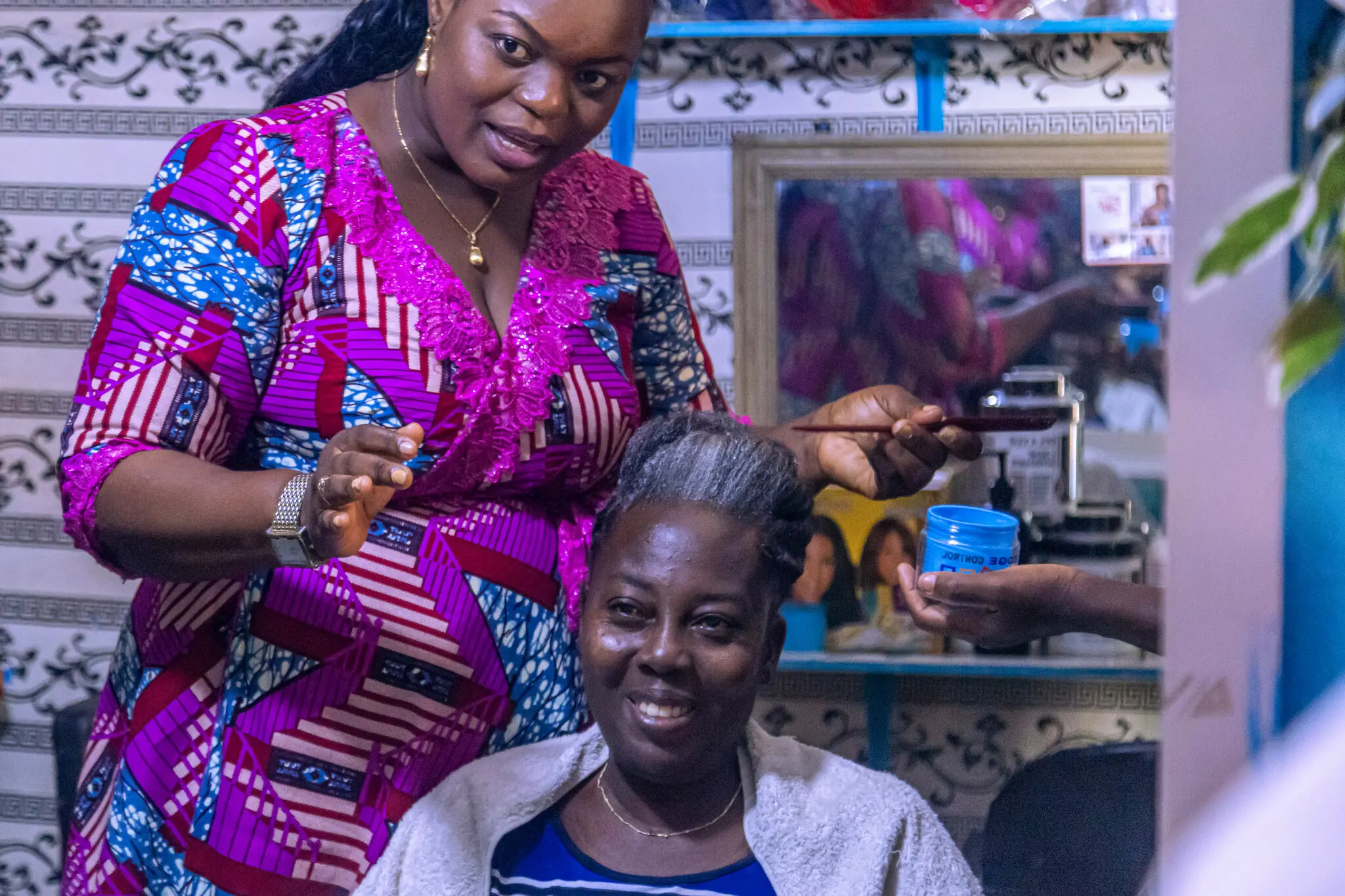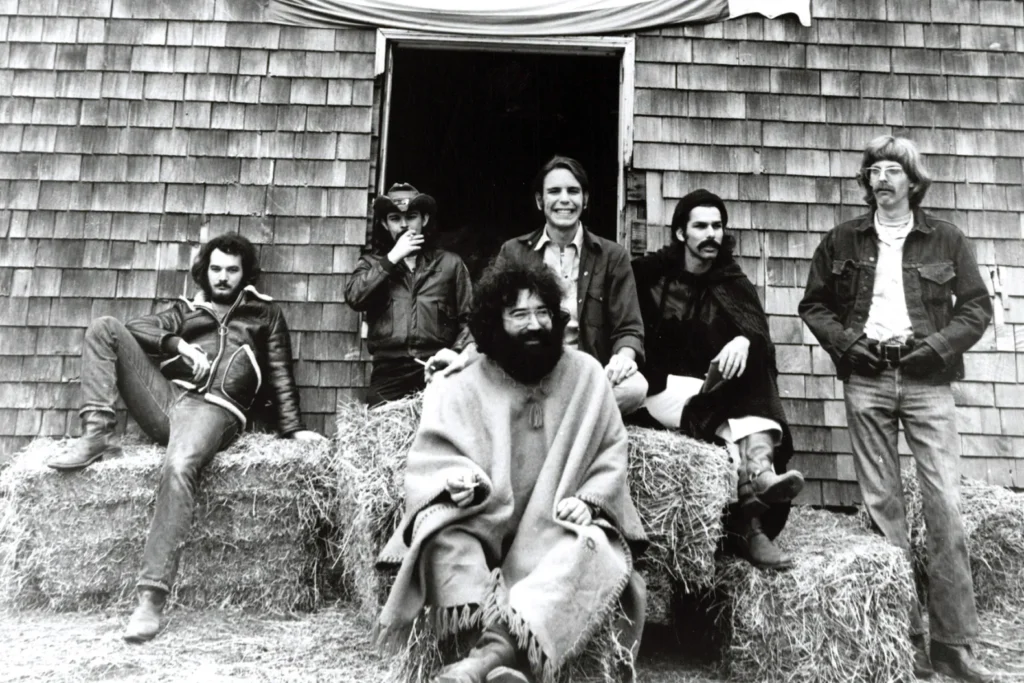 Many years ago, I settled into the comfy salon chair for my haircut with my regular stylist, Amy who I’d been seeing once a month for several years. Like many clients and hairdressers/barbers, we had developed an easy rapport, talking about everything from our kids, current events, movies and more.
Many years ago, I settled into the comfy salon chair for my haircut with my regular stylist, Amy who I’d been seeing once a month for several years. Like many clients and hairdressers/barbers, we had developed an easy rapport, talking about everything from our kids, current events, movies and more.
On this particular day, one I’ll never forget, she started by innocently asking, “How are the kids?” Without thinking, I responded, “I can’t wait for them all to be in college so I can get divorced.” (Which I did about a year later.)
The blunt, emphatic reply was shocking to her, and even more shocking to me. My marriage was unhappy, to put it mildly. The thought must have occurred to me before, but it never rose to the surface in such an emotionally urgent expression.
It struck me that the salon chair is just another version of Freud’s couch, where comfort and the absence of any responsibility toward anyone else creates a unique environment for self-expression and transforming unconscious emotions to conscious thoughts.
That’s why I wasn’t surprised to see this New York Times article, attached, Need Therapy? In West Africa, Hairdressers Can Help. The gist of the piece is that there is an abundance of mental health issues in the region but very few professionals to deal with them. Togo has only five psychiatrists for more than eight million people.
That’s why an NGO decided to train stylists to help women in hair salons. there. As the article states, visits there are inexpensive — sometimes as little as $2 — and a favored gathering place among women.
Stylists in the United States do not receive training in psychology. But since my salon epiphany long ago, I’ve asked every stylist I’ve ever met if they consider themselves to be therapists. 100% reply with a resounding, “Yes!”
When we pay attention to people selflessly, when we demonstrate that we are truly interested in whatever they have to say, they will spill their guts. It’s what I experience when conducting one-on-one interviews or focus groups. People will tell you everything and anything. Stuff they don’t even tell their best friends or spouses.
It’s a lesson for all of us in business, and especially marketing. For none of us are in the business we think we’re in. We’re all in the mental health business. Certainly, we want to understand the inner thoughts of our customers to learn what might best motivate them to engage with us. Something that qualitative research, or what I call consumer talk therapy, does best.
The same is true for your business colleagues, with whom it is essential to build collaboration and consensus. Everyone has an ego and an agenda. Understanding where your business friends, frenemies and rivals are coming from, with minds wide open, is the wisest strategy to advance any initiative.



